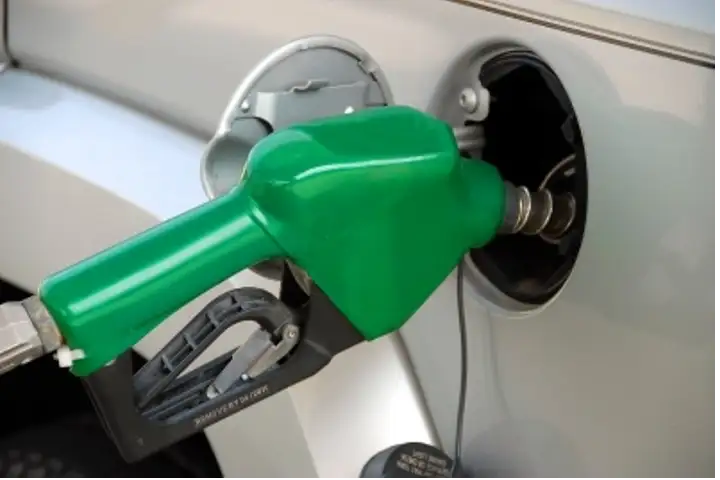

Pakistan announces massive hike in fuel prices
A petrol station in Lahore has been set on fire as hike in fuel prices takes its toll on common people of Pakistan.
On Sunday, Pakistan raised fuel and gas prices amid the continuous fall of the country’s currency. The price hike will further push inflation and dent the pockets of millions of common people.
The move could lead to more protests by the common people across many cities. “The fear is that this could cause more chaos and social unrest, this will add to the problems for the country’s policymakers at this stage with general elections approaching,” a Pakistani citizen living outside the country told India Narrative on condition of anonymity.
The country’s Finance Minister Ishaq Dar, who had announced reduction in fuel prices just a few weeks earlier had to reverse his decision. On Sunday, in a televised address, Dar increased the prices of petrol and diesel by (Pakistani) Rs 35 respectively, as mandated by the International Monetary Fund (IMF). In sync with the IMF requirements, Islamabad is also expected to pass a Rs 200 billion mini Budget in the next few weeks.
After the government stopped supporting the currency, it fell to a record low of (Pakistani) Rs 270 to a US dollar. In just a span of three days, the currency has fallen by more than Rs 39 against the dollar. Driven by the crises, Pakistan’s economy is projected to turn negative declining by 1 per cent in the current financial year against a 6 per cent growth in the previous fiscal year.
Food prices in the South Asian nation are already skyrocketing. Onion prices in Pakistan hover between (Pakistani) Rs 250 and Rs 350 depending on the province. Imports of the key kitchen items have shrunk. Onion supplies from Afghanistan and Iran have thinned. A kilo of chicken is now being sold at retail markets at an average price of more than Rs360. The price of a dozen eggs was just shy of Rs 300.
Drinking tea continues to be an expensive habit. A one kg packet of Lipton Yellow Label tea costs about Rs 1,600.
In June last year Pakistan asked its citizens to drink less tea. The question many are now asking is whether the IMF loan can actually save the country.
Also read: Pakistan’s economic meltdown triggers infighting; blame game among political class intensifies
Pakistan’s forex reserves dip to an alarming $3.67 billion, not enough to cover imports
Central banks of India and Mauritius have signed an MoU to enable the use of…
Prime Minister Benjamin Netanyahu and Defence Minister Israel Katz have directed the Israel Defense Forces…
Former Australian Prime Minister Tony Abbott said on Tuesday that there is "no future for…
Defence Minister Rajnath Singh held a meeting with his Netherlands counterpart Ruben Brekelmans in Delhi…
Ministry of External Affairs Secretary (West) Tanmaya Lal held a meeting with European Parliament Chair…
Tibetan Parliament-in-Exile Speaker Khenpo Sonam Tenphel has condemned the worsening situation in Tibet under Chinese…